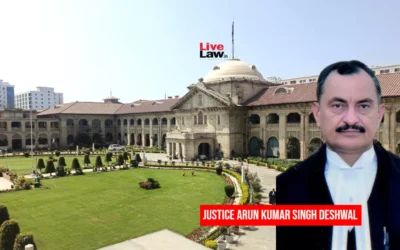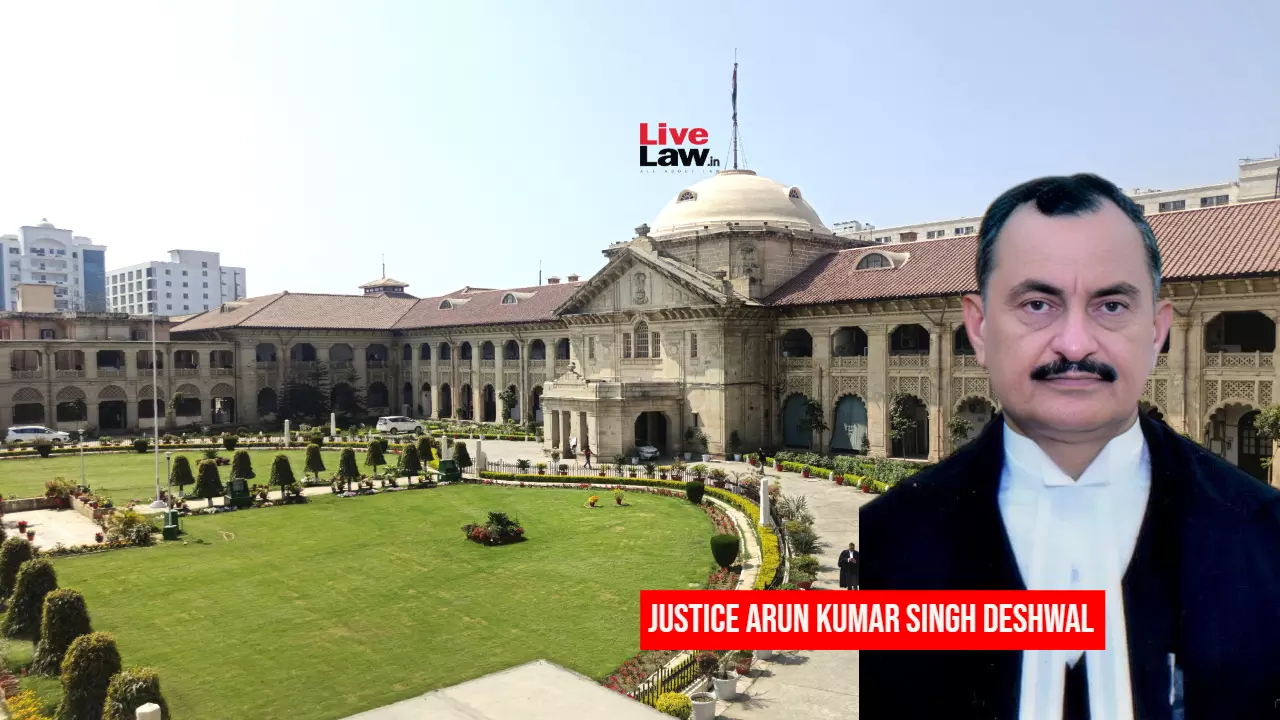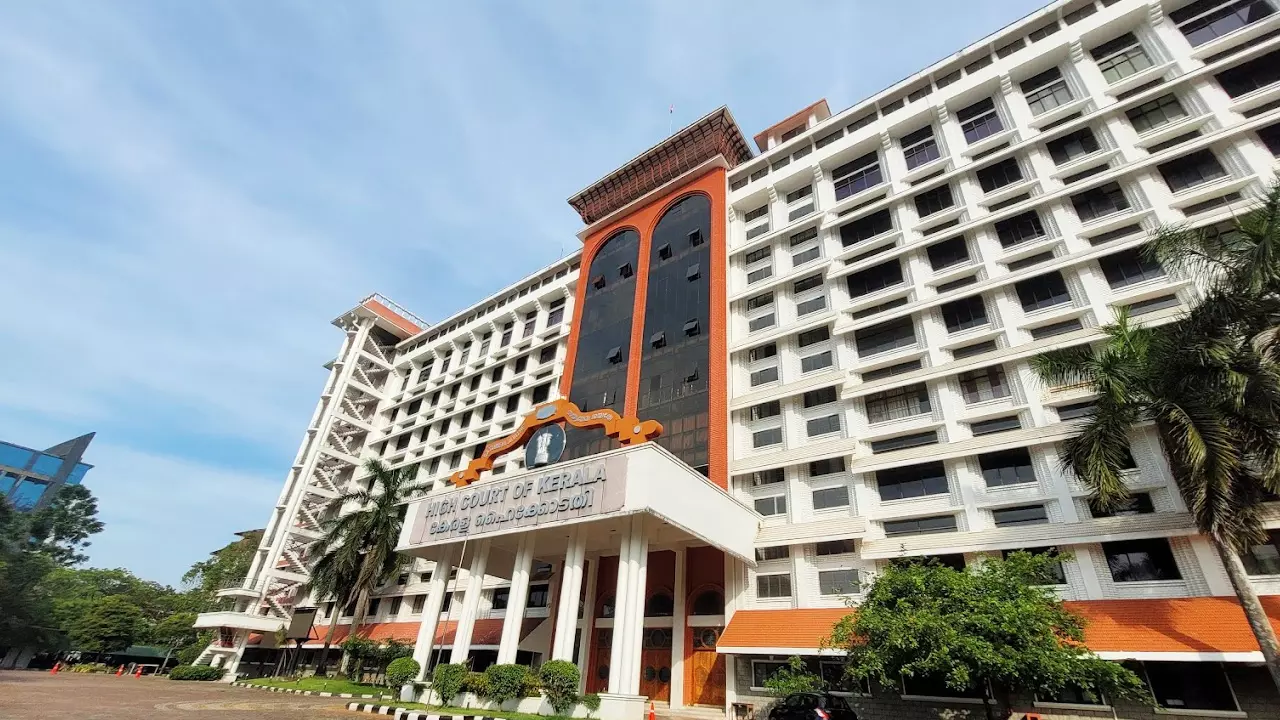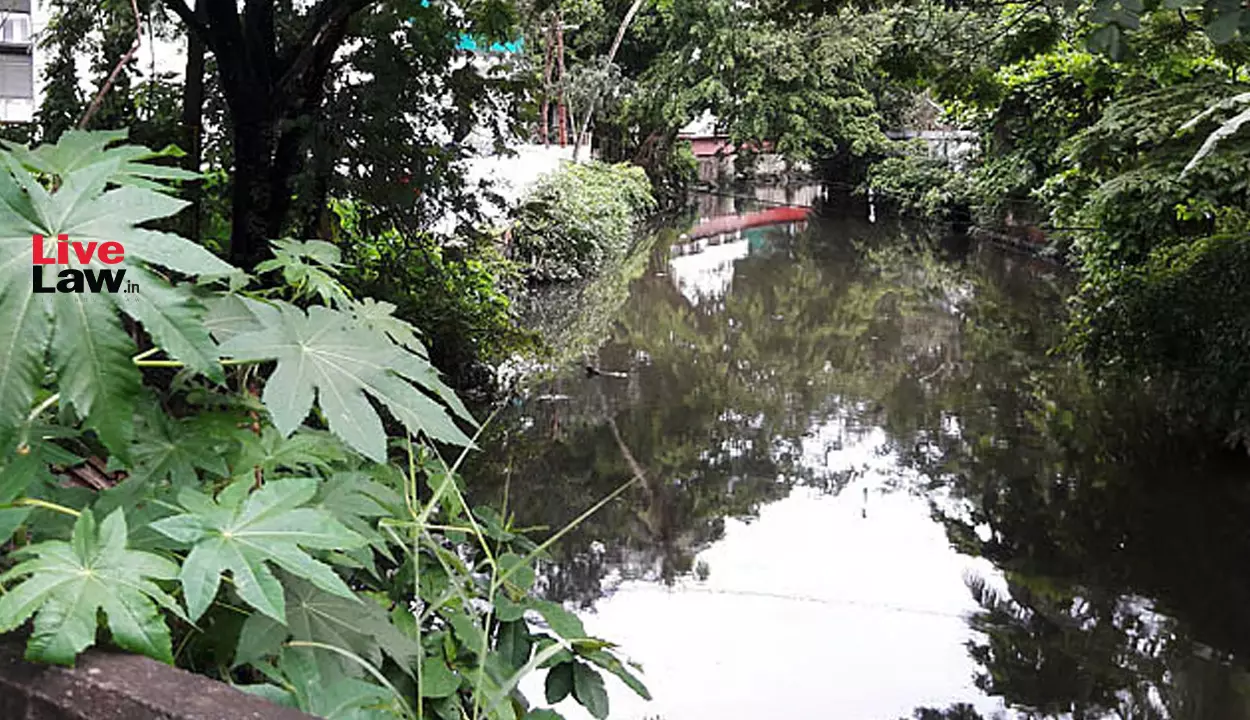Denying Patent On Grounds Of Morality & Health Without Scientific Evidence Is Unsustainable: Calcutta High Court
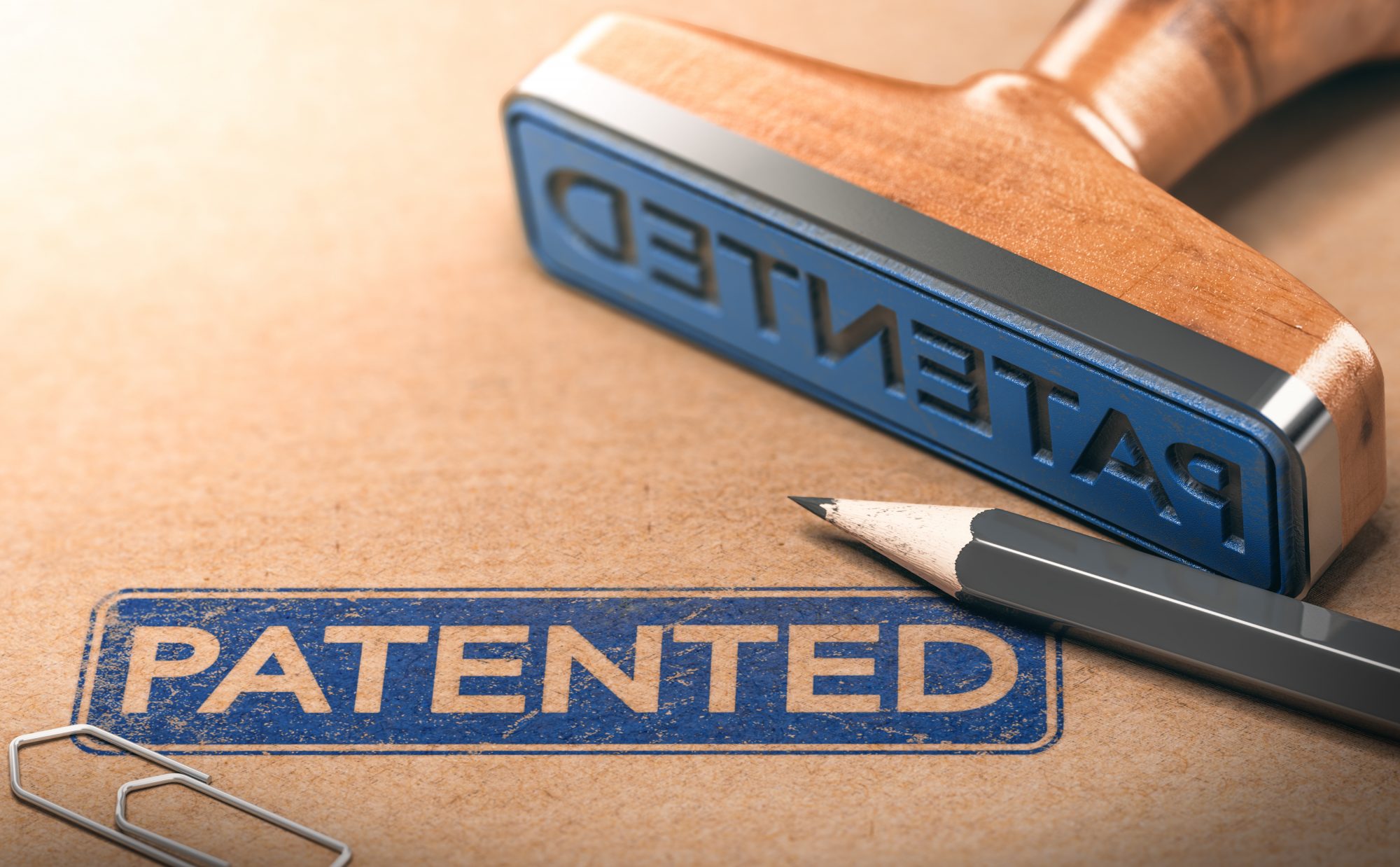

The Calcutta High Court has set aside an order passed by the Patent Controller, denying a patent to ITC Limited for a “A Heater Assembly to Generate Aerosol.” The patent was denied on grounds of public health and morality, keeping in mind The Prohibition of Electronic Cigarettes (Production, Manufacture, Import, Export, Transport, Sale, Distribution, Storage, and Advertisement) Act, 2019.
Justice Ravi Kishan Kapur held: “The preconceived and subjective notion that all tobacco products causes serious prejudice to human life and health without any reliance on scientific or technical evidence or any other supporting facts is unsustainable. The finding that the subject invention is contrary to public order and morality is unreasoned, cryptic and without any basis. The fact that the Controller was of the view without consideration of any independent scientific or technical evidence that the usage of the invention affects public order and morality cannot be the basis for rejecting the invention.”
“The interaction of patent laws and ethics is an uncomfortable relationship and has always produced difficulties. In such circumstance, section 3(b) ought not to be interpreted to deal with all subjective concerns of morality, public order or health regardless of any scientific or technical evidence or any cogent reasoning,” he added.
This present appeal was against an order dated 21 August 2024 whereby an application for patent was rejected under section 3(b) of the Patents Act, 1970.
The invention was titled “A Heater Assembly to Generate Aerosol”. “Briefly, with the increasing demand for handheld aerosol-generating devices which are able to deliver aerosol for user inhalation, the invention is designed to provide a uniform heat distribution system throughout the aerosol-forming substrate present with an aerosol generating article.”
The Controller has summarily rejected the appellant’s invention under section 3(b) of the Act on the ground that the invention causes serious prejudice to human life, health, public order and morality.
It was contended on behalf of the appellant that despite being able to distinguish the invention with the prior arts and satisfy the Controller in respect of “inventive steps”, the Controller erroneously proceeded to dismiss the subject invention under section 3(b) of the Act. There are no reasons in the impugned order. The Controller has also wrongfully and erroneously construed the invention. The impugned order is based on a misinterpretation of section 3(b) of the Act. The Controller has arbitrarily and in violation of the principles of nature justice relied on documents which surfaced for the first time in the impugned order and copies thereof were never supplied to the appellant.
As such, it was argued that the appellant was denied any right or opportunity to deal with such documents. The finding that the invention is contrary to “public order and morality” is cryptic and completely bereft of reasons. In passing the impugned order, the Controller has erroneously relied on Article 47 of the Constitution. The Controller has also erred in interpreting the scope, purport and ambit of section 83(e)(a) of the Act.
On behalf of the respondent Controller, it was submitted that there is no justification in interfering with the impugned order. The impugned order is adequately reasoned and is in conformity with The Prohibition of Electronic Cigarettes (Production, Manufacture, Import, Export, Transport, Sale, Distribution, Storage, and Advertisement) Act, 2019.
Upon hearing the parties, the court examined the scope of Section 3(b) of the Patents Act and held that one of the objects of the Act is to promote the progress of scientific research and technology in public interest.
In the impugned order, the Controller has fundamentally erred in his understanding of the invention. Though the invention works on substrates (either solid or in liquid form) which may or may not contain tobacco compounds, it is not predicated or limited to the substrate at all. The impugned order erroneously proceeds on the basis that the invention shall exclusively be only used with substrates comprising of active tobacco compounds and thus cause prejudice to human life and health, it held.
The court further emphasised that is important to realise that the rights given by the patent do not include the right to practise the invention, but only to exclude others from doing so. The patentee’s freedom to use his own invention may be limited by legislation or regulations having nothing to do with patents, or by the existence of other patents.
It held that there was an inherent fallacy in the impugned order inasmuch as it proceeds on the basis that grant of a patent confers a consequential affirmative right to sell or commercialize the product. This is not the rationale behind seeking a patent. The grant of patents do not control whether or how an invention is exploited. The grant of a patent also does not confer upon the patentee the right to use, sell or otherwise manufacture the subject invention, the court said.
Accordingly, it set aside the order and remitted the matter back to the controller for fresh consideration.
Case: ITC LIMITED VS THE CONTROLLER OF PATENTS DESIGNS AND TRADEMARK
Case No: IPDPTA/13/2024

